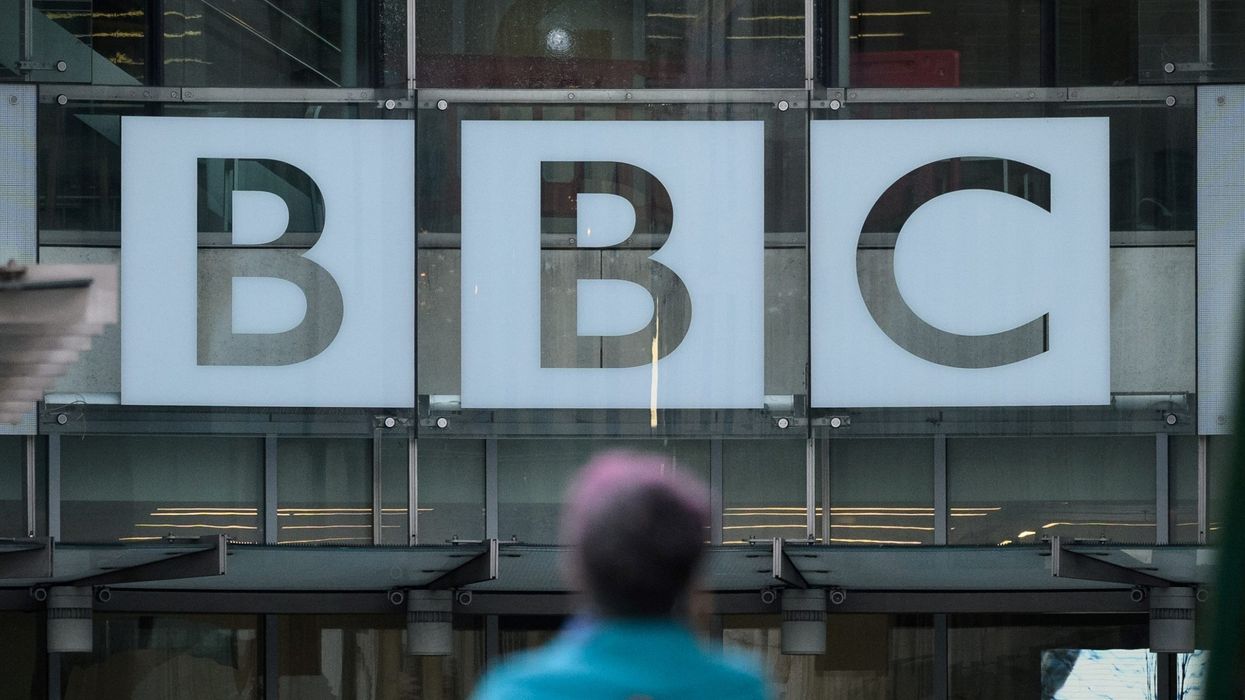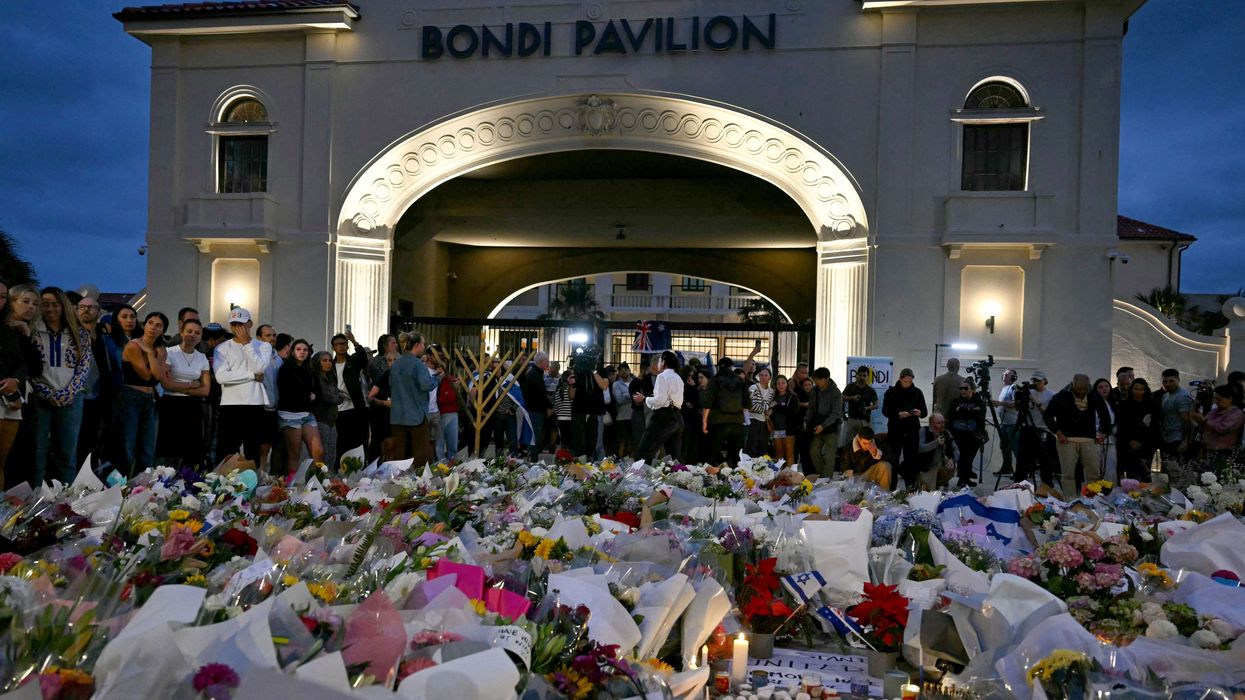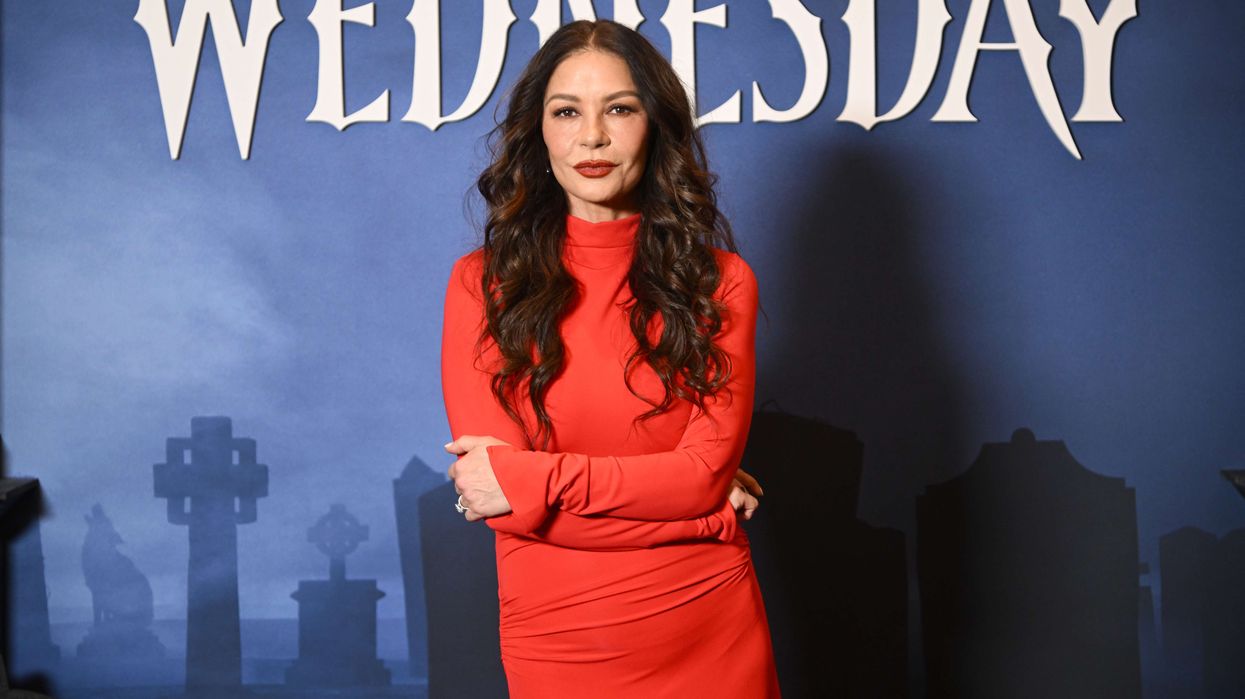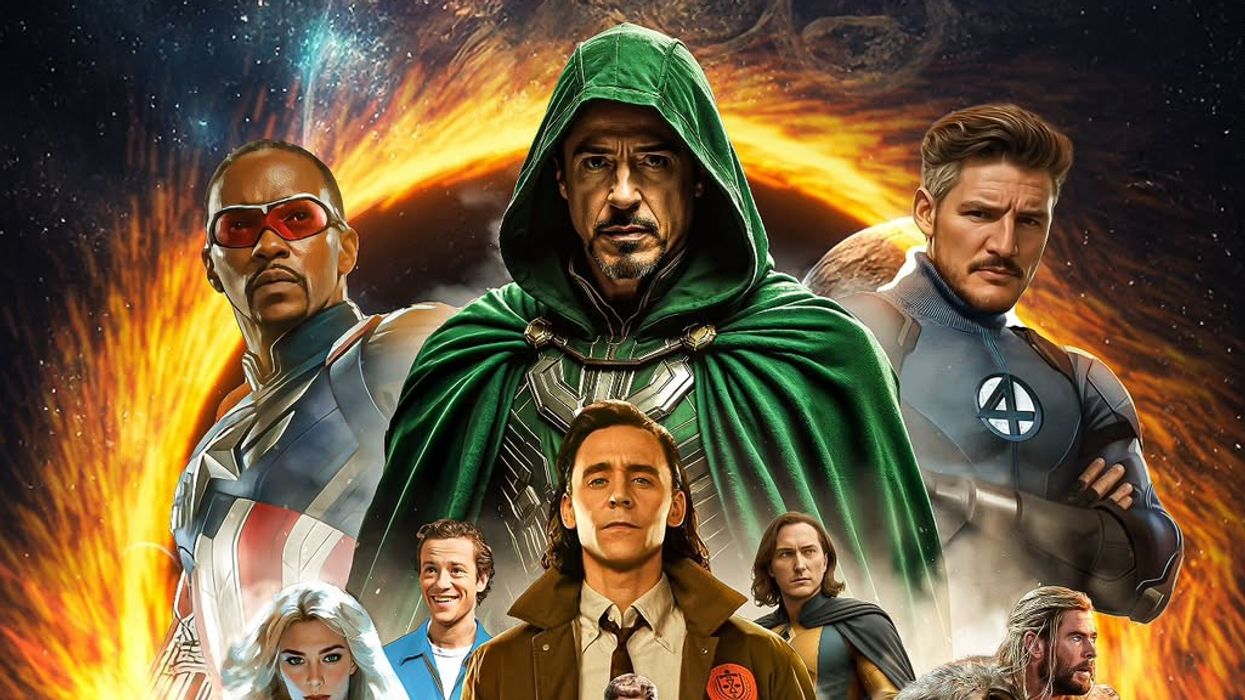As the BBC’s diversity chief, June Sarpong, quits the corporation, former correspondent, Barnie Choudhury, asks what the corporation has achieved in almost two generations.
A journalist famously asked Mahatma Gandhi what he thought about western civilisation. Quick as a flash he responded, “I think it would be a good idea.”
Since the BBC let everyone know its diversity chief, June Sarpong, was leaving, that quote has been going around in my head. So, when my editor asked me what I thought about BBC diversity, I too thought it would be a good idea. If it’s good enough for the Mahatma, it’s good enough for me. My version of not reinventing the wheel, and a clue to what I think would ensure diversity for years to come.
For more than a quarter of a million pounds for three days work, the BBC hailed her as its latest answer to its diversity problems. I guess Sarpong has realised what her predecessors found out too late. The answer to what ails the BBC when it comes to true representation is a bit more complicated than three days a week and a string of superficial back-slapping events and headline-grabbing initiatives which turn out to be useless, losing the trust of diverse staff.
In 1987, I was asked to take part in a BBC Panorama programme. With me were Clive Myrie, Marcia Jarrett and Colin Charles. You’ll know Clive – the current face of the BBC – but the rest of us, not so much.
The programme was investigating the racial makeup of British institutions, such as the armed forces. And, of course, the BBC being the BBC, had to self-flagellate. The four of us were lumped together as “black”, even though I was so obviously not an African or Caribbean.
We learnt that only at the end of 1987 would the BBC start to record the ethnicity of its employees. We learnt that the BBC had started to “ethnically monitor” since 1983 – only it didn’t ask its staff to self-identify. I was shown the footage recently, and I learnt about the obvious struggles the BBC was facing then. Mind you, sadly, it’s still facing those same struggles today.
Those struggles can be summed up in one sentence-cum-question: when will we be comfortable talking about the racial makeup of our organisation and stop being defensive about it? That could apply to any sector in the UK, actually. As a nation, we’re simply abysmal when it comes to being comfortable enough to discuss, without defensiveness, race. What we’re not getting is that Britain is truly multicultural, and as such our future is mixed marriage and children whose blood won’t be pure white, pure black or pure brown. What then?
In the Panorama programme, we were asked by the late distinguished Richard Lindley, “Are you sure you’re not here because you’re black?” A fair question to which I, rather naively responded, “If you’re trying to suggest that they looked at me and said this guy’s coloured, I think we ought to take him, threw away the quality side of it, then I don’t want this job.”
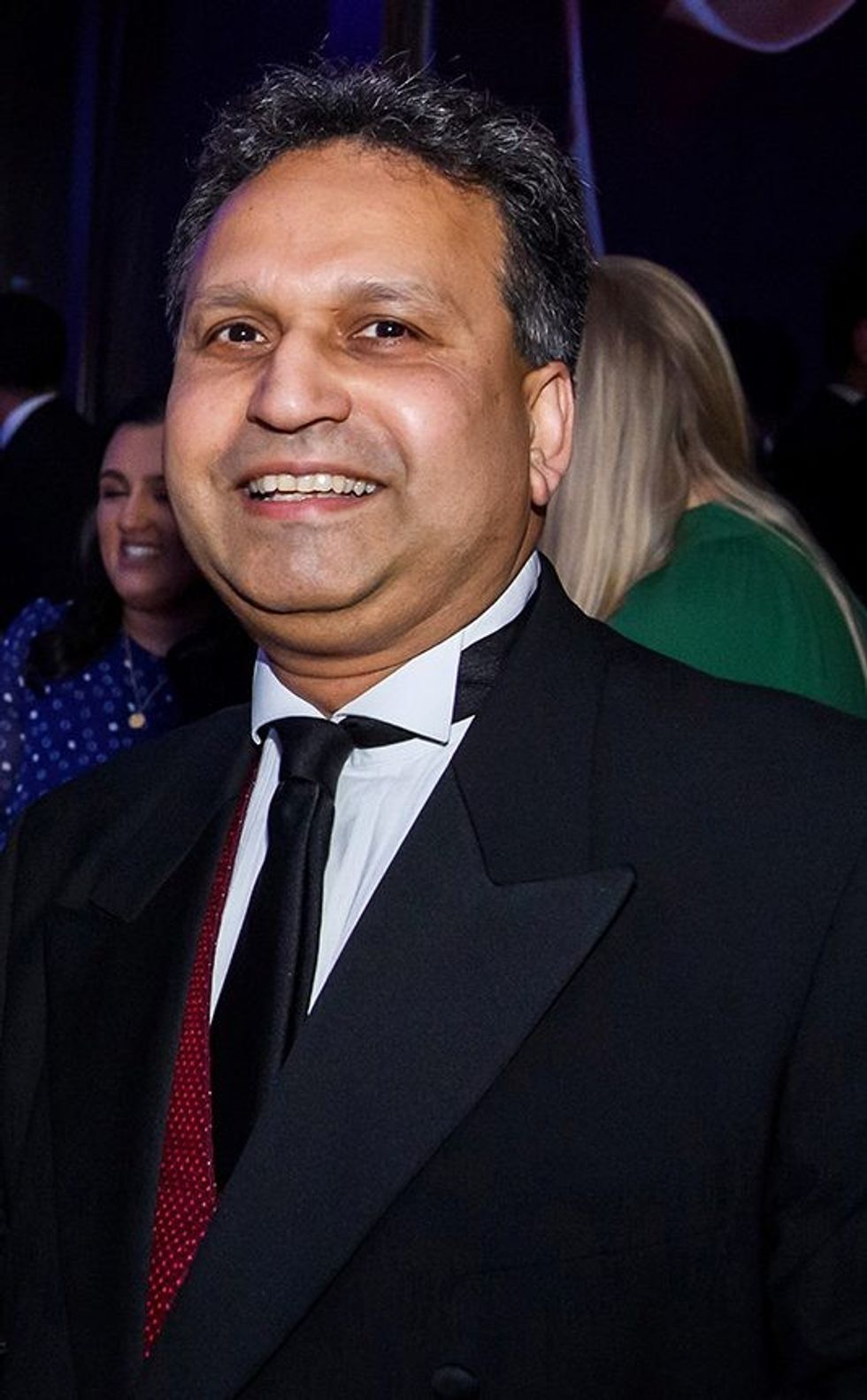
Why was I being naïve? Because, sadly, I witnessed this happening throughout my BBC career. Sometimes people of colour were chosen over white applicants who were more suitable. I can hear my non-white former colleagues – and after reading this possibly no longer willing to speak to me and denouncing me – shouting in horror and disgust.
But let me explain what I mean. In the rush to be seen to be more racially diverse, people of colour were employed and left to drown without so much as a life jacket. The BBC, wittingly or otherwise, set them up to fail.
I remember one south Asian who was a contributor to a radio station. The BBC thought they’d make a good “diverse” voice and offered them a contract. They had a short two-week introduction to the organisation. The BBC taught them law and regulations, how to edit and how radio worked. Then they were left to sink or swim. They were expected to come up with “community stories”, edit them and make they were broadcast worthy.
The big problem is that it takes at least 12 months to get to the expected BBC level – that’s what traineeships are for. Even then, you need the support of wiser and more experienced heads. You need a mentor. You need someone who won’t judge you. You simply cannot expect a non-journalist to become a journalist in two weeks.
I cannot tell you the number of times I personally intervened to help a non-white colleague who was so out of his or her depth that all they needed was for someone to take their foot off their submerged head. Something I was humbled to hear from a current BBC insider recently.
In this case, I created a practical programme lasting five working days, in my own time. I did what I thought would help. We discussed, why is this story important or different? How do we make it different? What can we do to bring it to life and make the content compelling? I then worked with them at every stage of the way, giving them the chance gain confidence. Being positive was so important because by this stage their confidence had gone. Why did the BBC allow this to happen? First, it doesn’t have the capacity to provide one-to-one training. Second, and perhaps the bottom line, when questioned, the BBC could show it was doing something to up numbers of non-white staff.
It wasn’t the fault of the non-white colleague. It was the fault of the BBC, and even then, you must allow it plausible deniability. The BBC managers who hire people of colour at entry level look for potential. They then leave it to the system. And therein lies the problem. Many of those I have had to help, yes had to help, because their failures were my failures.
What white people often forget is that we, people of colour, are judged more harshly, or at least we feel we do. From an early age, our parents give us the talk. We are conditioned to know we must work harder, work longer and work smarter to progress. But it’s not just about performance, as I learnt too late.
We have so many potential disadvantages. First, we are marked out by our skin colour. We are, axiomatically, minorities. Second, if we challenge, then we are aggressive. Forget that it is the natural volume and timbre of our God-given vocal cords. Third, if we fail then we fail for every single person of colour in that organisation. We were hired because we were brown or black. We were taken on because the organisation needed to up its diversity quota. It was obvious we couldn’t do the job. Bold, bald and sweeping generalisations? Perhaps. But in what I say is perception and so my truth based on lived experience.
I feel I need to make something clear. I’m not anti-white. You need to know that my biological father kicked me out of when I was 16 after a disagreement. I left with my belongings in one torn, plastic carrier bag. I owe a debt to my former head of house, a Northern Irish man, and a white social worker. The wonderful British social services gave me somewhere to live and a weekly, albeit stringent, budget.
Weeks later, I joined hospital radio as a volunteer, and a 69-year-old white man took me under his wing. He saw something in me that others did not. Over several months, he realised something was wrong. I would make some excuse not to have lunch with him in the hospital cafeteria, I simply couldn’t afford it. My shoes fell apart because they, like my clothes, were second hand. To quote Kipling, I was the proverbial guy who didn’t “look too good, nor talk too wise”.
I spent my first real Christmas with him, and his family all but cut him off. In February, I moved in permanently, and it’s thanks to him I completed my polytechnic degree and got into the BBC. He sacrificed so much for me. People spat at him while he waited for the bus because he’d taken in a P***. He never told me, a secret he would take to his grave.
I tell this vignette because I need you to understand that I am so grateful to this wonderful country and the generosity of its indigenous people. What is important to me is the character of the person standing in front of me. Trust me, I know and have experienced the hypocrisy and betrayal of my own race, religion and caste more than once. It still happens today.
And throughout my BBC career, it was white colleagues who helped me, and some Asian colleagues who briefed against me. But that doesn’t mean it was a panacea, and next week I’ll write about some of my experiences which left, shall we say, a bitter taste in my mouth, where racism, unwitting or otherwise, reared its ugly head.
But today, I want to make the case for how, in reality, the BBC, our BBC for we pay for it, has made very little progress in the past 40 or so years since racial diversity was on its radar. Superficially, on network television, the BBC looks diverse. But that’s window dressing. We have to look behind the scenes.
We know that since the end of 1987, the BBC has kept a record of the ethnicity of its staff. Give the corporation its due – it does not hide behind its inability to progress. The BBC board is all-white. Not one single person of colour. Wow. Do I pay my licence fee? Yes. Do I expect to be represented at the topmost level? Yes. Why? Because this is 2022 and not 1922, when the BBC was founded.
We have had a century of inequality. Only one single non-white controller of a mainstream radio station. None for television. Not one female director-general. And to my knowledge, not one single disabled person as DG either. The BBC has had 100 years to lead, and it has failed to do so.
The statistics in the equality section of its latest annual report are there for all to see. After 100 years, we should interrogate the leadership of the BBC. And when you look at leadership department by department, you realise the fatality of the BBC’s diversity mission. Much of the figures for non-white leaders are an asterix (*). “Data has been replaced with an asterisk where figures are below sample size”, the report helpfully informs us.
And don’t be fooled by who the BBC considers a leader. To be a “leader” you have to be at “Band E” or above. That is the equivalent of an assistant editor – second in charge – of a local radio station or regional newsroom. So, in reality no real power to affect change. That means even at that level, in the past 35 years, when I joined the BBC, it continues to fail.
In one part of the BBC, my beloved nations – those regional television and local radio stations – under six per cent of all staff are non-white. There are oases of all-white newsrooms, despite its denials. Former colleagues who still work for the BBC have told me this. What is indefensible are those who try to explain how complicated it is to say whether a newsroom is all-white. It is not. Please just don’t lie to us or take us for fools.
The reality is that the BBC does not represent racially diverse places like Birmingham, Manchester, Derby, Nottingham, Leicester or Leeds. Only two of the 40 local radio stations are currently led by non-white editors, another has been temporary or acting for almost two years. With Rozina Breen, head of north, going, all the senior leaders will be white.
In 2022, it can’t be right that we are still talking about diversity. I get it. Diversity is an industry. Every organisation says it wants to be diverse. Sadly, few actually achieve it. I look back at the people parachuted in, the broken promises, and the utter lack of true progress wondering whether I am wrong to believe that this can be fixed.
Then I remember my conversation with Indra Nooyi – former Pepsi chief and colleague of the BBC’s current boss, Tim Davie. Then I look at Google’s Sundar Pichai, Twitter’s Parag Agrawal, IBM’s Arvind Krishna, and Adobe’s Shantanu Narayen. Then I know racial diversity at the very top of an organisation is possible.
In the next part, Barnie examines why the BBC continues to fail when it comes to hitting its targets.
Read Part 2: https://www.easterneye.biz/bbc-is-not-able-to-move-the-dial-on-diversity/
